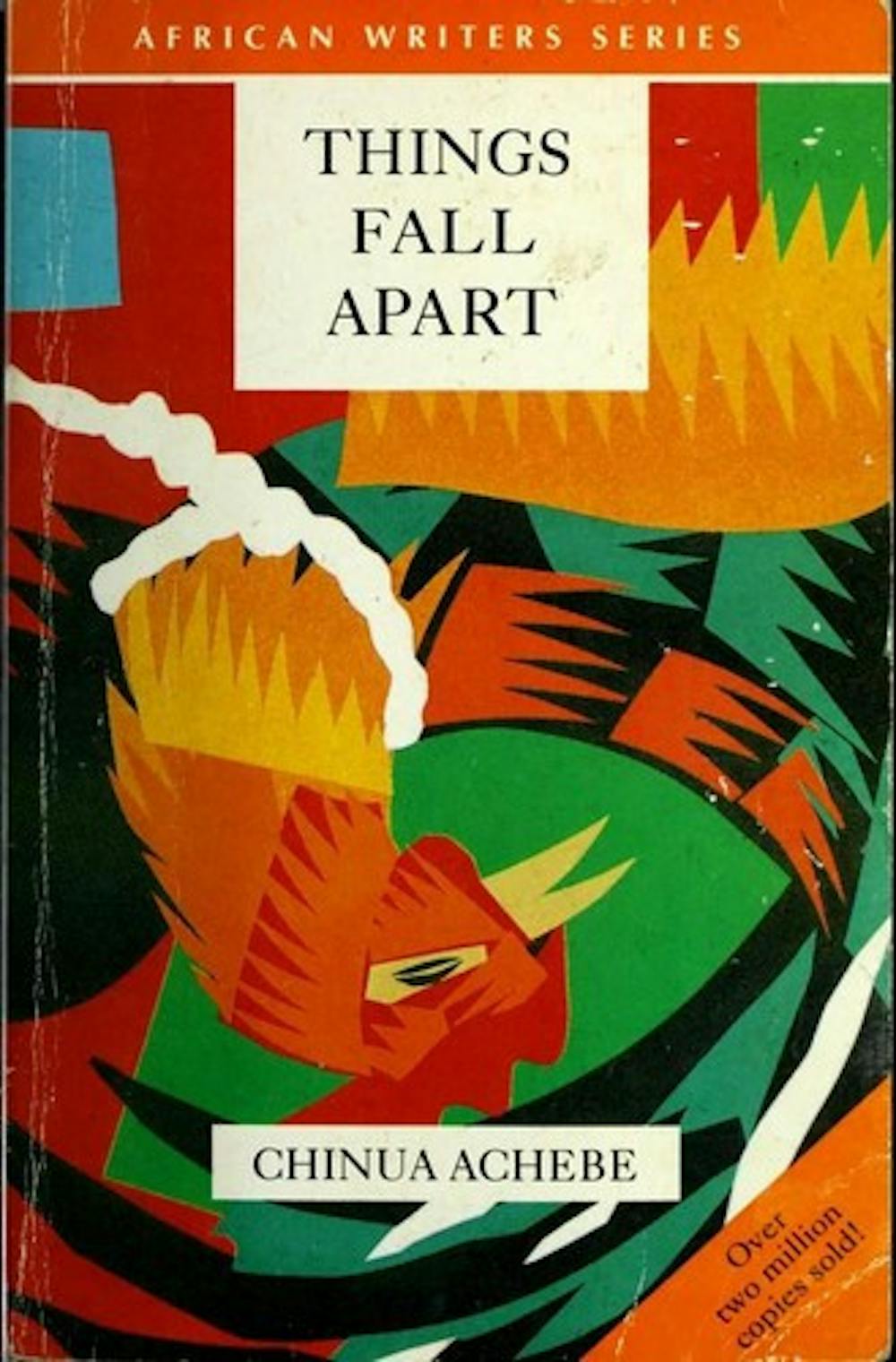The first time I read this work, at 14 or 15, I had an extremely limited understanding of colonialism. But I returned to it, twice, years later, having met a variety of African people and having visited the continent twice. If you did not cross paths with “Things Fall Apart” in high school, the work, Chinua Achebe’s magnum opus, tells the fictional tale of a West African people/village/tribe/group/region, Umuofia, and its first encounters with European colonizers. No, that’s not quite right, is it? It tells of Umuofia’s traditions, language, society, hierarchies, fashion, celebrations, structure, folk tales, myths, religious and spiritual beliefs, law, diplomacy and habits of war. And then, and only then, does it tell of its first encounters with white, religious European colonizers. That’s really quite better put, as one of the unspoken theses of the work is that African peoples had a “before.” A past. An identity. A cosmos and universe before contact with Europeans. Africans’ stories did not begin when Europeans arrived to the lands inhabited by black peoples. Isn’t that an extraordinary thought? One not enough of us in the United States or around the world sit and grapple with nearly enough.
Why do I love this book? Its creation feels like an act of love and a gift to all people who have been disenfranchised by the imperialist ventures of the last few centuries. It addresses the idea of “erasures” on a global scale. It wrestles with the idea of gender roles and suggests that their suffocating strictures are hardly new. The plot of “Things” is not what I would call “speedy” or “dynamic.” However, while Achebe’s artistry and plot are leisurely, the author is nothing if not deliberate. Every word is intentional and reflects his skillful craftsmanship. I’d recommend this work to anyone enrolling in a postcolonial literature class, anyone studying abroad in West Africa or South Asia and anyone wanting to study historical periods that highlight contact, encounters and clashes between cultures. For more works that treat contact between Africa and Europe, I highly recommend the film “Paradise: Love,” directed by Ulrich Seidl, which covers sex tourism in Kenya.
The Librarian is in

Comments



